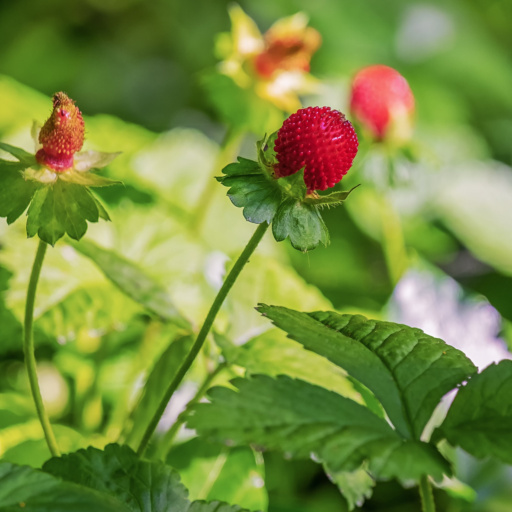Why practice forest bathing ?

Ideas for practicing forest bathing
Forest bathing, also known as shinrin-yoku, is a form of nature therapy that originated in Japan. It involves spending time in a natural setting, such as a forest or park, and using all of your senses to connect with the environment. The practice may involve strolling, taking in the sights, sounds, and smells of the forest, and touching trees and other plants.
Forest bathing aims to promote relaxation and reduce stress by immersing oneself in nature. Research has shown that spending time in nature can have several benefits for physical and mental well-being, including reducing blood pressure and stress hormones, boosting the immune system, and improving mood and cognitive function.
To practice forest bathing, finding a natural area near you, such as a park or forest, is recommended and setting aside some time to spend there. You can walk slowly and mindfully, taking in your surroundings and using your senses to connect with the environment. It is essential to leave your phone and other distractions behind and be present in the moment. You can also try incorporating stretching, deep breathing, or sitting quietly further to enhance the relaxation and mindfulness aspect of the practice.
Further reading:
Here are a few books and articles on the topic of forest bathing and nature therapy you might find interesting:
Books:
- „The Art of Shinrin-yoku: The Japanese Way of Forest Bathing“ by Dr. Qing Li: This book, written by the chairman of the Japan Society of Forest Medicine, provides an introduction to the practice of shinrin-yoku and its benefits.
- „Your Brain on Nature: The Science of Nature’s Influence on Your Health, Happiness, and Vitality“ by Eva Selhub and Alan Logan: This book discusses the science behind the benefits of nature on mental and physical health, including the practice of shinrin-yoku.
- „Nature Fix: Why Nature Makes Us Happier, Healthier, and More Creative“ by Florence Williams: This book discusses the research on the benefits of nature on well-being and the ways in which nature can be incorporated into our daily lives.
Articles:
- „The Science Behind Shinrin-Yoku: How Forest Bathing Can Benefit Your Health“ by Emily Benson (National Geographic): This article provides an overview of the research on the benefits of forest bathing and how it can be incorporated into one’s daily life.
- „The Healing Power of Nature: How Shinrin-Yoku Can Benefit Your Health“ by Maryam Henein (HoneyColony): This article discusses the benefits of shinrin-yoku and how it can improve physical and mental health.
- „The Joy of Forest Bathing“ by Florence Williams (New York Times Magazine): This article discusses the research on the benefits of nature on well-being, including the practice of forest bathing.


Stress reduction
Forest bathing has been shown to reduce stress and improve relaxation. It has been found to lower levels of the stress hormone cortisol and increase levels of anti-stress hormones such as serotonin and dopamine.

Improved immune function
Studies have shown that forest bathing can increase the activity of natural killer cells (a type of immune cell) and the expression of anti-cancer proteins in the body.

Improved mental health and well-being
Forest bathing has been shown to improve mood, reduce symptoms of depression, and increase feelings of happiness and well-being. It has also been found to improve cognitive function and attention.


